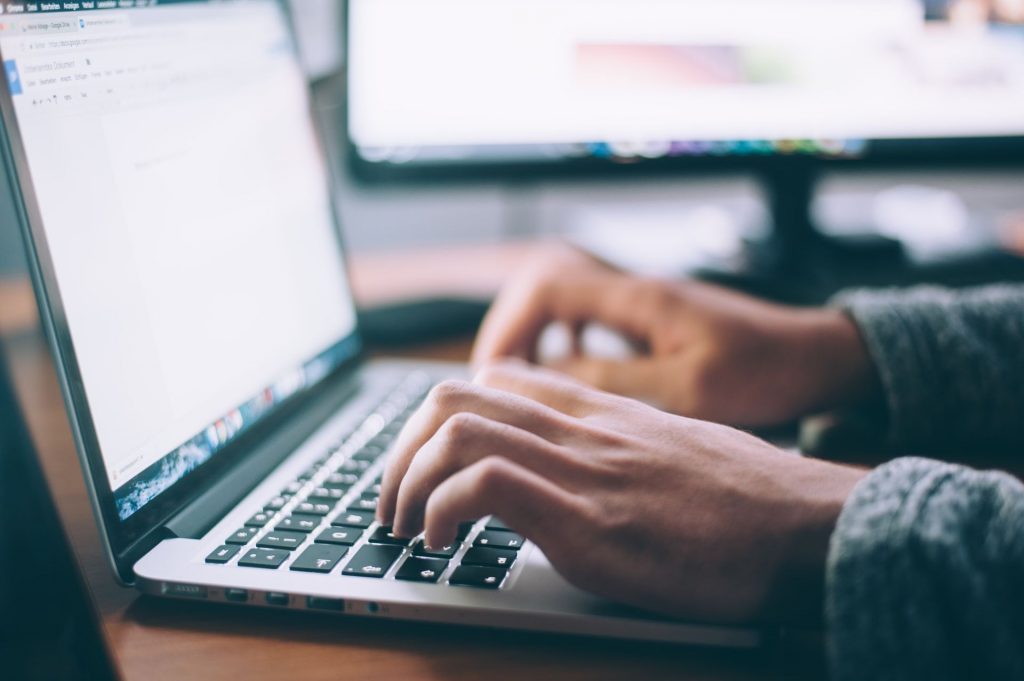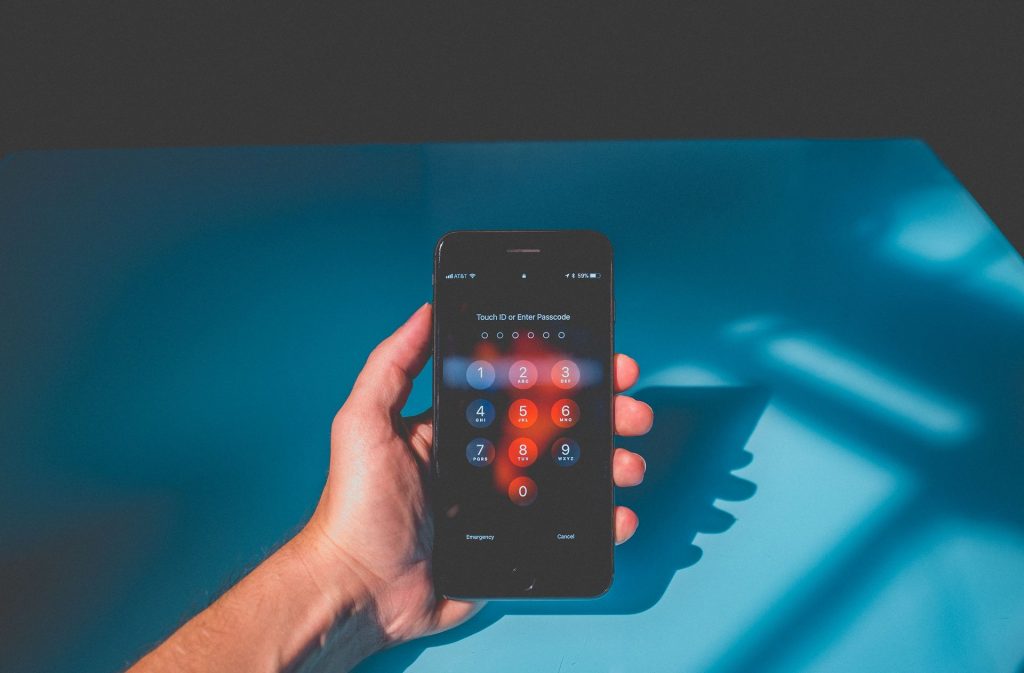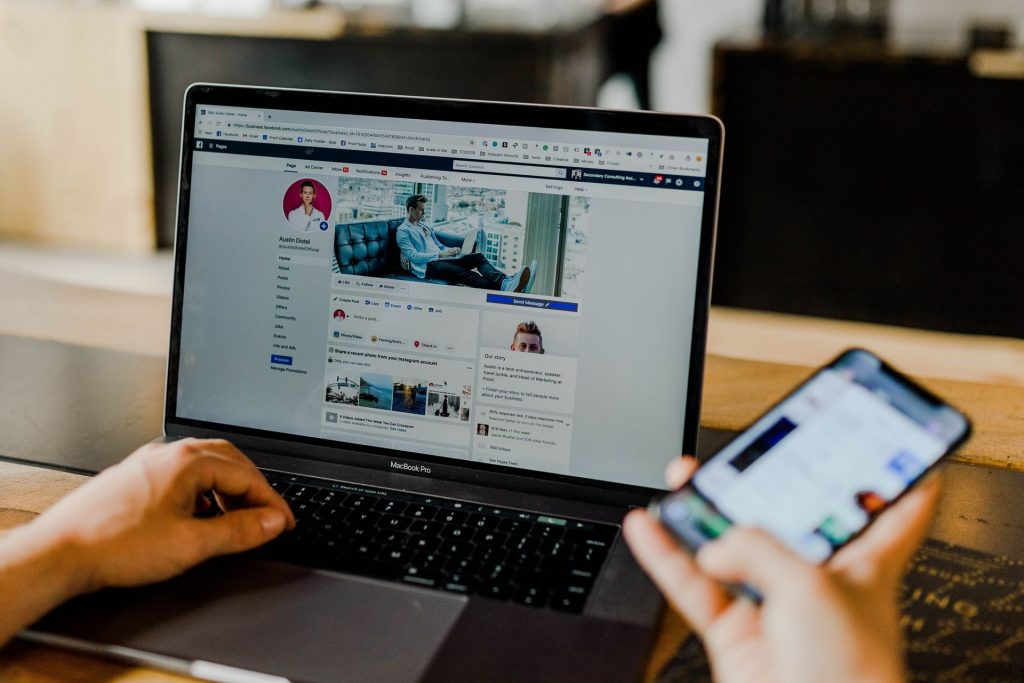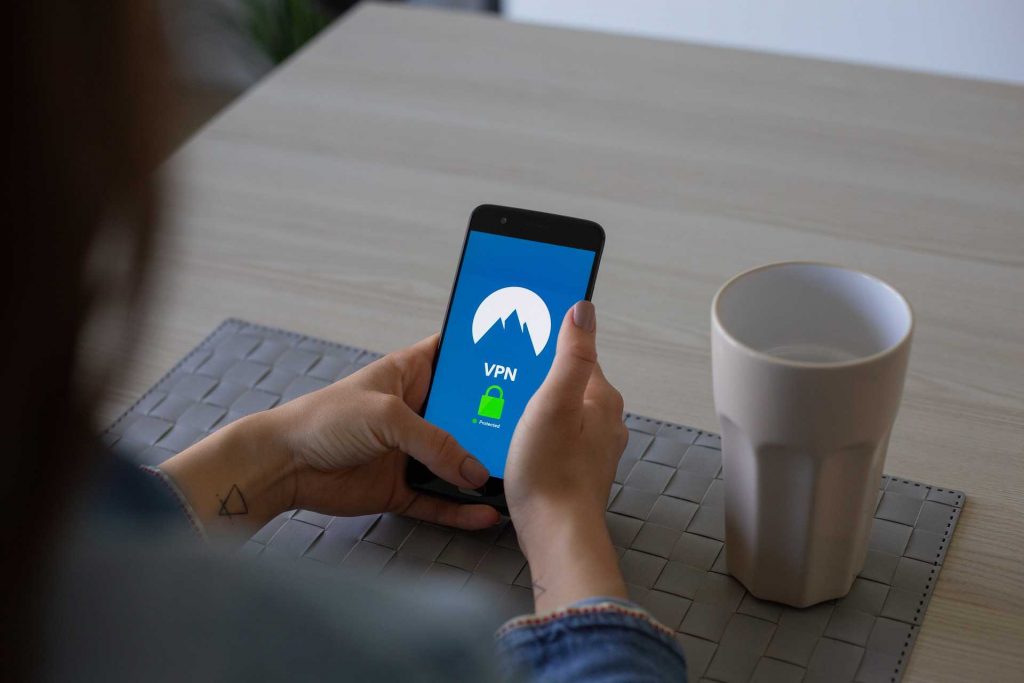
These days, everyone spends a ton of time online. From online banking and loan payments to sensitive information in your email and social media accounts, there are many ways people can take advantage of you if you don’t protect yourself.
Cash Factory USA wants you to keep your identity safe and your money secure. Explore some of our top tips on how to protect your personal information online today.
1. Use Passcodes On All Devices

One of the quickest and easiest ways to ensure your information is safe is with passcodes for all your devices. Every computer, phone, and tablet should have a passcode that stops unauthorized people from accessing them. You don’t want anyone getting into your banking app or Amazon account to go on a shopping spree!
Most devices offer you options like four to six number codes or shape-based logins, but you can also use fingerprint passcodes for added security. If you’re wondering how to protect your personal information online, customizing your passcode is crucial.
2. Create Strong, Unique Passwords
Once your devices are protected, it’s time to start thinking about each individual account you have. It may be easy just to have one password for all your accounts, but if someone gains the password for one of them, suddenly they have access to everything!
If you’re worried that you won’t be able to remember all your passwords, consider a password tracker to ensure you always have a reference. Then, you only have one password to remember as you strive to learn how to protect your personal information online.
3. Limit What You Share

Many people have no problems sharing everything online from their email to their address. But when it comes to sharing your activities online, there are real-world consequences. If your profile happens to list your address and you’ve just posted about an upcoming vacation, you’re at risk of theft. Many thieves make a habit of tracking when you’re out of town to ensure they’re breaking into your home at the opportune moment.
Check your privacy settings to limit who can see your posts and learn what is safe to share and what is not.
4. Close Any Unused Accounts
Closing down any of your unused accounts limits the number of places where people can hack you. Keeping these accounts open heightens the risk of hackers stealing your information. Your social security number, current credit card information, and other sensitive data could still be hanging on in those accounts! Take a major step forward in ensuring your information is safe when you close the accounts for good.
5. Be Careful with Free Wi-Fi

Free Wi-Fi is great, but it could come with strings attached. One of the things you want to be most cautious of when practicing how to protect your personal information online is unsecured internet connections. These could be monitored or carry malware that could hack your accounts and compromise your money and identity! Don’t do any financial transactions on a network that you aren’t sure is secure or use a VPN if you must check into personal accounts.
6. Monitor Your Credit Score
Ever wonder how a credit score can monitor and protect your personal information? These institutions monitor major breaches that may affect you. A credit monitoring company keeps track of these incidents and based on your transaction history, informs you if you may be compromised. They can even notify you if your email account has been affected.
At Cash Factory USA, we’re here to help. Whether it’s improving your financial health with our advice blogs or providing short-term loans when you need them.